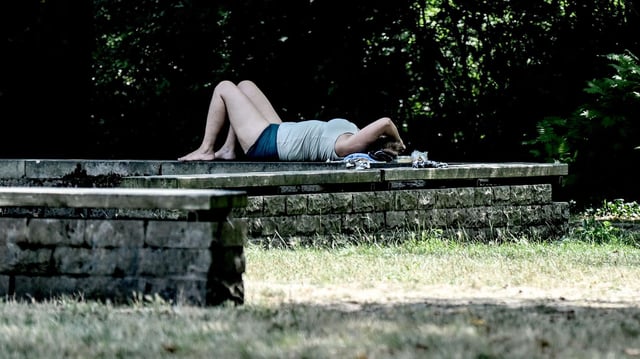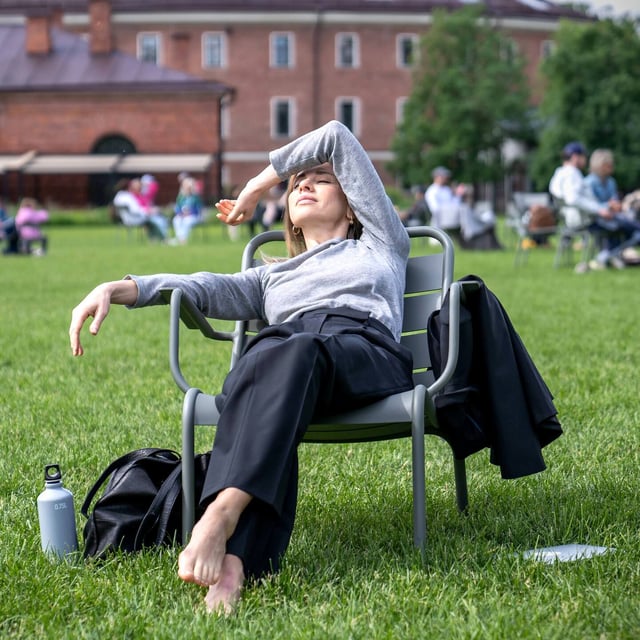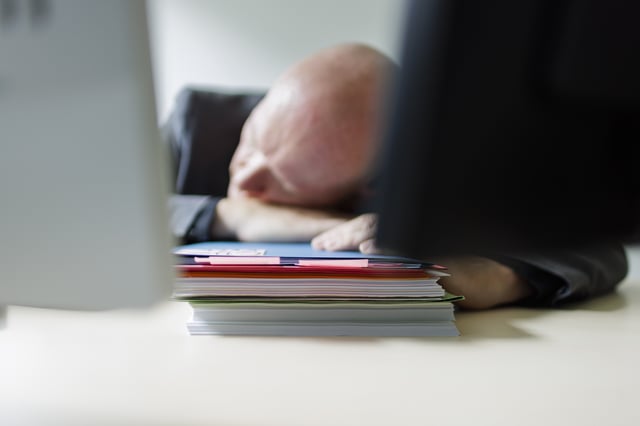Overview
- The University of Hamburg study tracked 90 participants who completed a visual puzzle task before and after a 20-minute nap.
- Individuals reaching Stage-2 sleep during the nap solved the hidden-clue task 86% of the time, compared with 64% for Stage-1 sleepers and 55% for those who stayed awake.
- To isolate the nap’s effect, subjects avoided caffeine on the test day and slept about 30% less than usual the night before.
- Findings reinforce that even a brief nap can help sort and store information, clearing cognitive space for new insights.
- Published in PLOS Biology, the study has been praised by sleep researcher Dieter Riemann for illuminating the mechanics of ‘aha’ moments.



